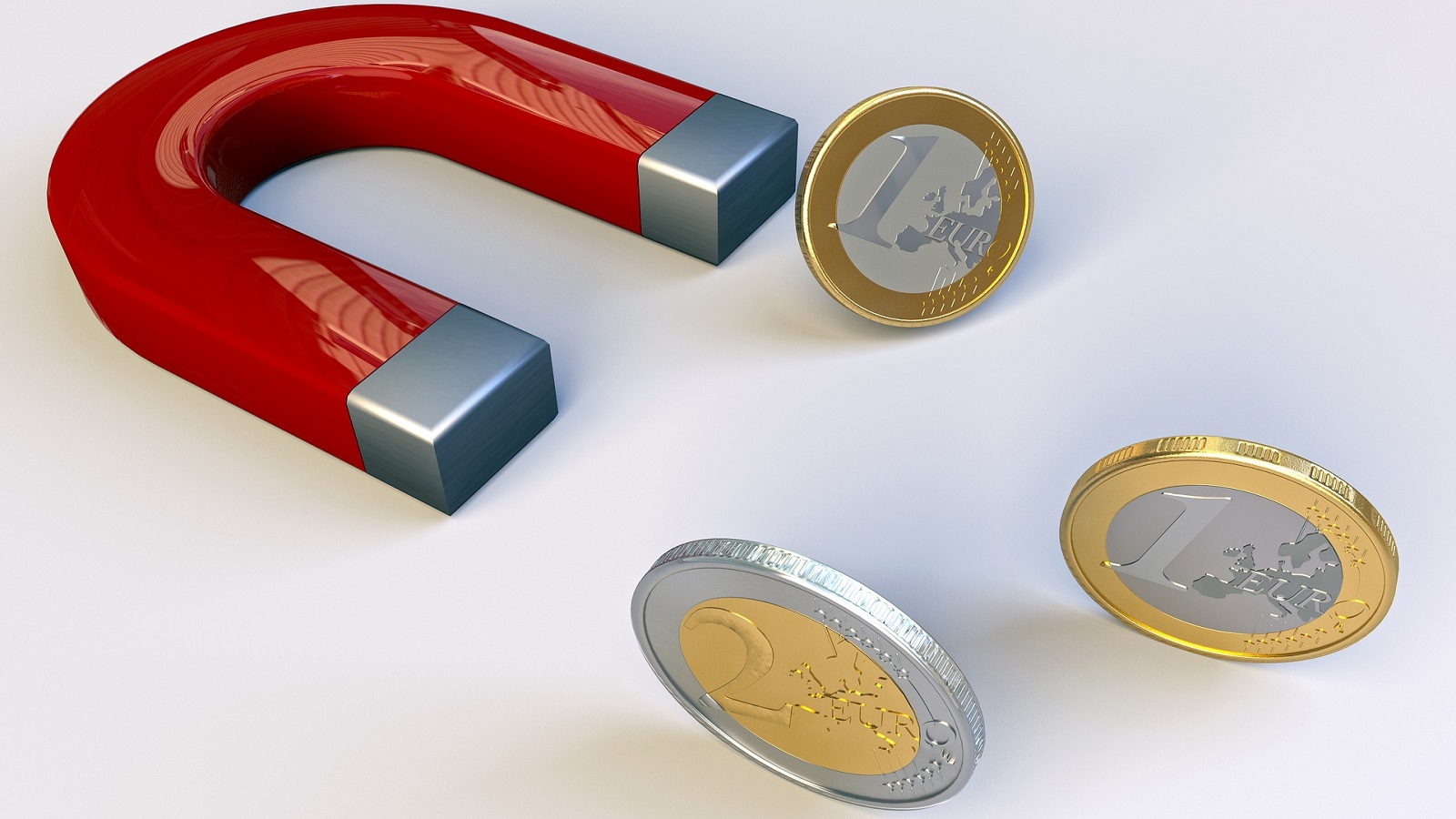
In an era in which cryptocurrencies are becoming stronger and the use of bitcoin has spread significantly through different profiles of savers, the use of a suitable depository for the matter seems necessary. And it is that this type of currency is stored in digital wallets (wallets for its term in English), which are the ones that will facilitate the making of transfers or the interaction with different blockchains.
In this context, the so-called decentralized finances or DeFi appear, which form an ecosystem of different financial applications that are built on blockchain networks. The main objective is create an open source and transparent financial services ecosystem. In theory and in practice, DeFi is available to everyone and works without any central authority. Current DeFi products and services include banking services, decentralized markets, custody services, investment services, decentralized exchanges, loans and credits, among others, as Tecnobits assures.
Store funds without depending on third parties
The defi wallet aims to allow users to store their own funds without relying on a third party to hold their assets. Essentially, it leaves them in charge of their funds with complete freedom to do whatever they want. The only person in charge of your funds is the customer, which is quite a revolutionary concept when you consider that banks are ultimately in control of the money.
Unlike centralized wallets, DeFi users they do not have to verify your identity or provide any background information. Anonymity is attractive to many and means your identity is never at stake. However, does this mean that these wallets are not secure? The answer here might be surprising. DeFi wallets are possibly one of the most secure options on the market. The only downside is that since you’re in charge of your wallet, if you lose important login information, there’s usually no way to get it back.
Also, keep in mind that most DeFi wallets are web3 and they tend to have a series of similar characteristics. The basic components of most of them include:
- not guarded – Users can send and transfer funds knowing that they are the only person who has access to those funds.
- based on keys – All non-custodial wallets have a unique key pair and the user is responsible for the custody of their private keys. This is different from a centralized wallet where the platform can help you get your keys back. Private keys are typically introduced through a 12- to 24-word seed phrase.
- Compatibility – As mentioned above, almost all DeFi wallets are accessible through a connection to a web3 wallet. Mobile wallets are starting to focus on compatibility, meaning you can connect to apps, without ever leaving the app.
- Accessibility – Almost all non-custodial wallets can hold a wide variety of virtual assets. Ethereum-specific DeFi wallets allow users to not only deposit ETH, but also other stablecoins and DeFi tokens.
The four strongest DeFi wallets
Within the DeFi products, MetaMask, Coinbase, Argent and Trezor stand out, as Bitcoin Ethereum News assures.
MetaMask, which is mainly used as a plug-in for a web browser, is the link that allows you to access DeFi from any browser. MetaMask can be easily connected with various plugins, allowing you to multitask across different applications. Additionally, it supports ENS, which means users can add a human-readable address to their web address, such as definite.eth.
For its part, Coinbase Wallet, unlike Coinbase’s client software, stores private keys on the smartphone. Users can purchase and reserve any ERC20 token, purchase NFT tokens, and play with decentralized apps without giving up control of their activities.
Furthermore, it is the preferred mobile alternative for anyone interested in DeFi platforms, especially now that in-app lending is available on apps like Compound.
Silver claims to have developed a “fully upgraded cryptocurrency wallet” no paper backups, accessible addresses, and low-cost (free) transactions.
Argent is interested in making the decentralized web profitable for everyone, and is believed to be driven by the possibility of reversing the internet’s huge wealth disparity. Argent has recently risen to the top of the mobile-DeFi service rankings by listing a wide range of popular products for consumers to use. Additionally, it gives users a Venmo-like experience for non-technical users by focusing on mobile first.
Lastly, it’s Trezor, which is a cold storage wallet that comes in two varieties. Trezor is one of the less expensive of the two models, while Trezor Model T is much more expensive than both products. Users can keep their crypto assets online using both wallets and benefit from top-notch security features.
A PIN must be entered to gain access. Furthermore, to avoid keylogger, the keyboard sequence changes with each use. The Model T’s touch screen can simplify PIN entry. Additionally, the Model T is more flexible for the rapidly evolving DeFi environment.



